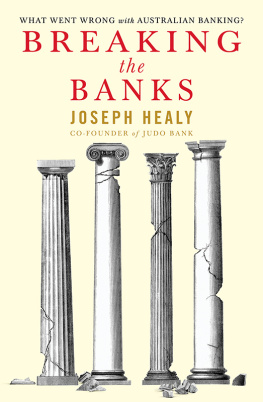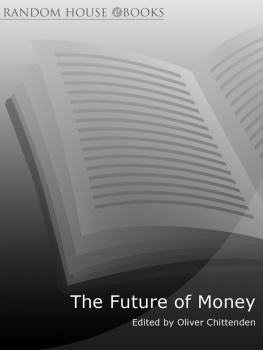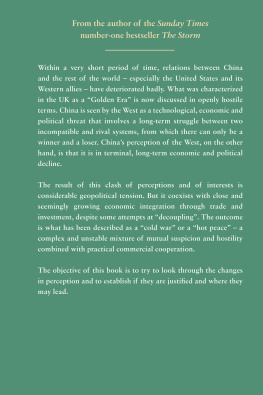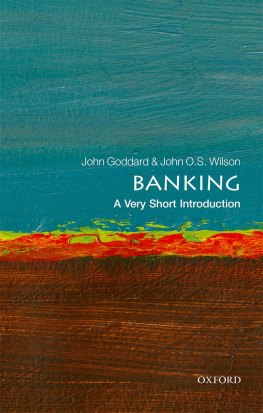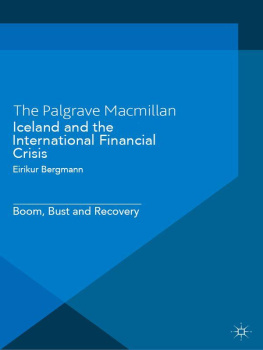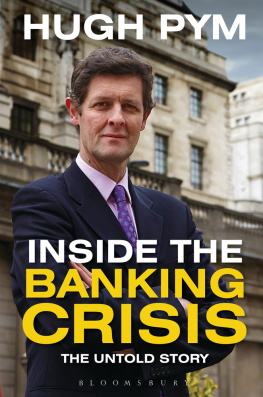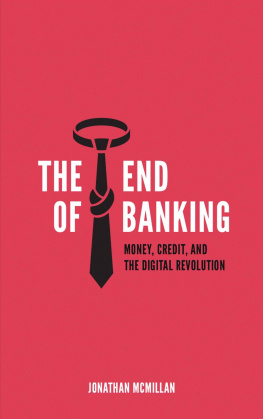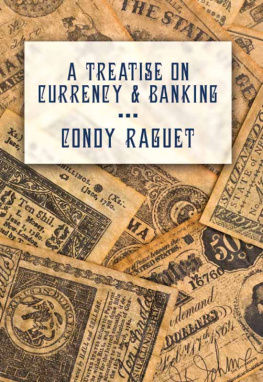Acknowledgements
This book was started in government but extensively revised after the 2015 election. Speed has meant I havent been able to cross-check or consult on many details with professional (and political) friends and colleagues. Any errors of fact and interpretation are mine alone.
My main debt is to those who helped me prepare and revise the manuscript, especially as I am still at the early stage of transition from Biro to Apple. By far the greatest burden fell on my wife, Rachel, who laboured long and hard with the text, as well as giving useful feedback and constant encouragement. My former constituency staff, Joan Bennett and Shona Priestley, also helped me (and her) considerably in the later stages of getting the book ready for publication.
I would not have been able to write the book without the experience of being a Cabinet minister for five years in the coalition government. I was directly involved in many of the controversies around UK economic management and helped to shape the outcomes in some important areas. I am grateful to Nick Clegg for giving me the opportunity to serve and to stay as Business Secretary to the end of the government.
Although they were not involved with the book itself, I was greatly helped by having a collegiate group of BIS coalition ministers and some outstandingly able, and loyal, civil servants under permanent secretary Martin Donnelly. I received particular help on economic policy matters from the departments chief economists and latterly from my economic adviser, Leo Ringer, who gave useful comments on technical aspects of the book. I am especially indebted to my special advisers, among whom Giles Wilkes was an important sounding-board on economic policy issues and played a key role in endless negotiations with the Treasury over controversial texts so as to keep me, just, on side. Emily Walch was invaluable in helping to ensure that my political and departmental speeches and comments were properly and extensively covered through the media. Mark Morris also gave me useful feedback.
Finally, I am grateful to my admirable literary agent, Georgina Capel, who gave constant encouragement to proceed with the book through its various ups and downs; and to the highly professional publishing team at Atlantic Books, led by Margaret Stead.
Appendix
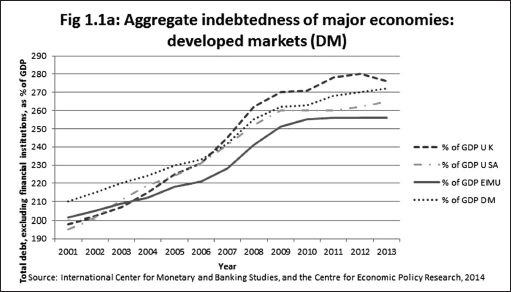
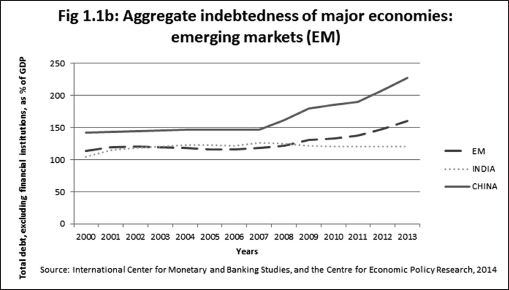
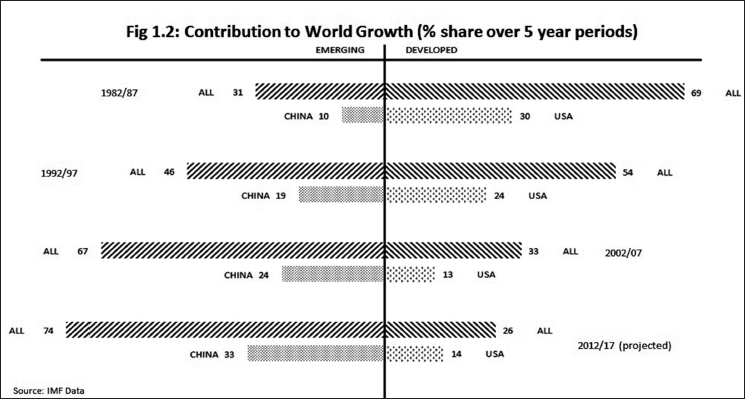
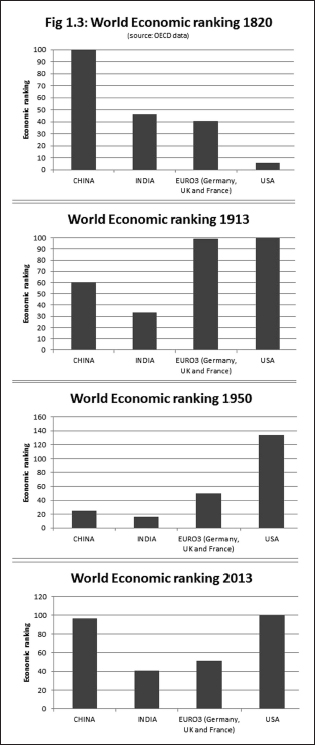
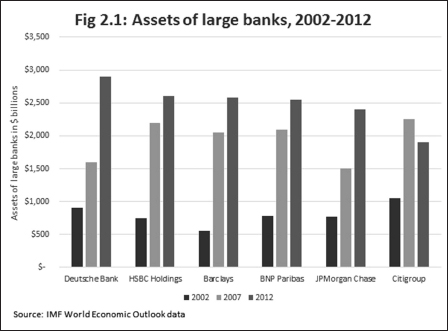
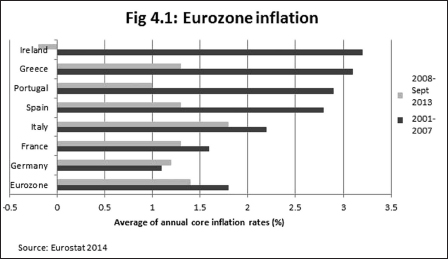
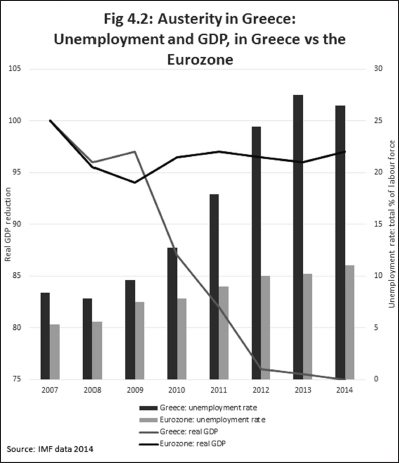
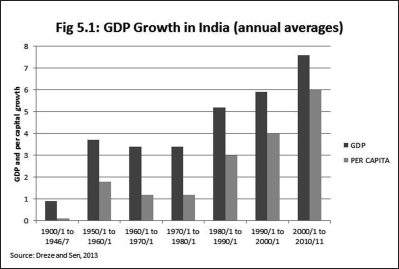
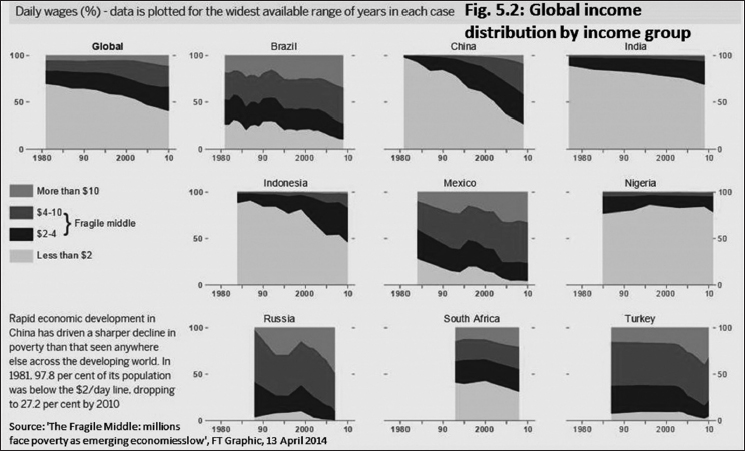
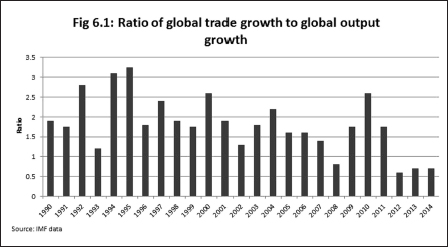
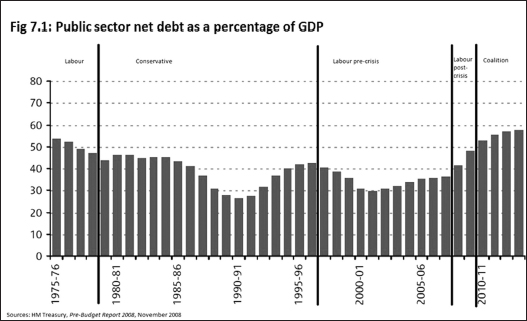
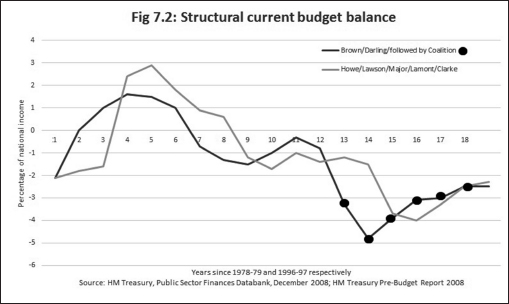
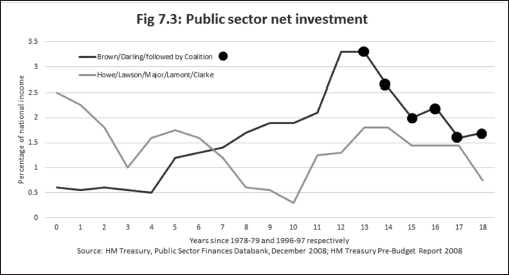
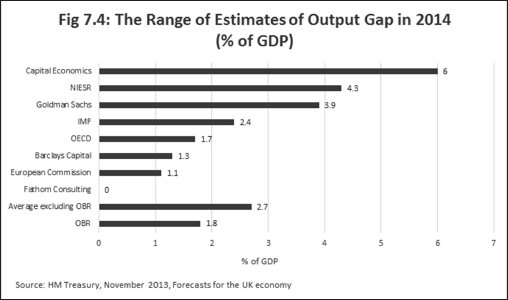
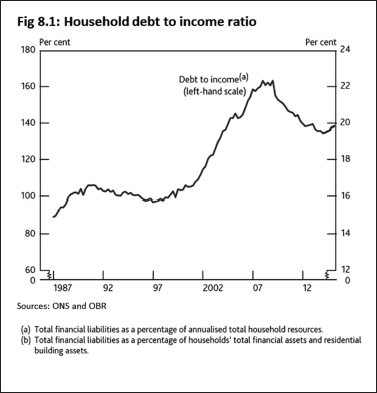
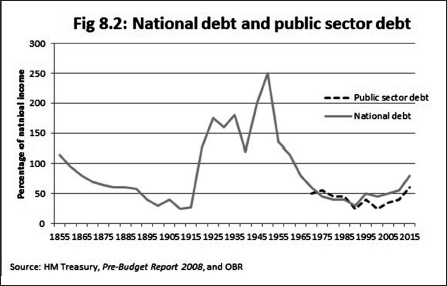
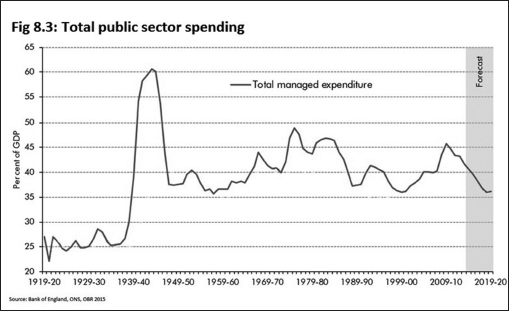
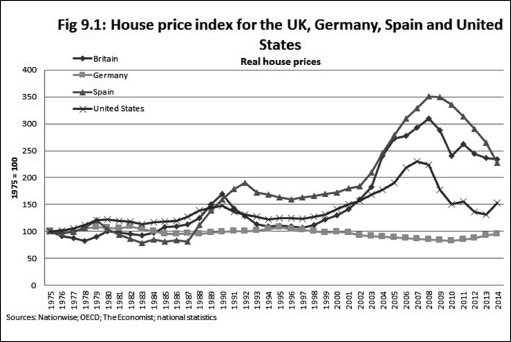
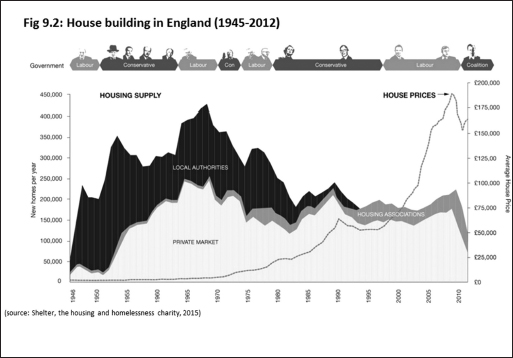
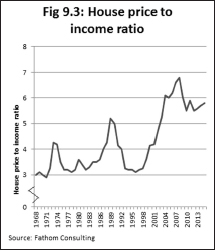
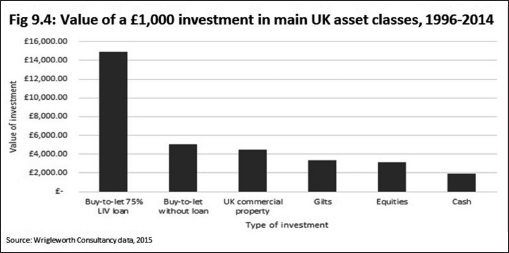
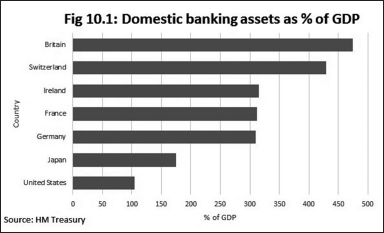
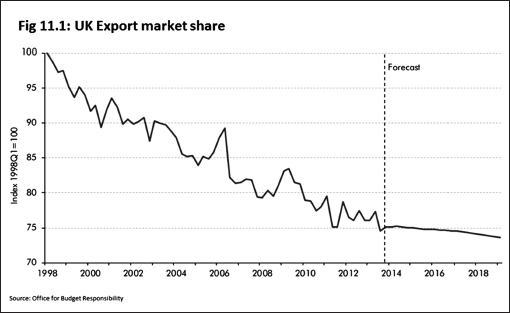
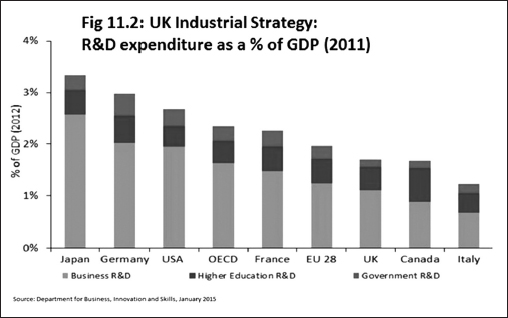
Bibliographic Note
This publication is a sequel to The Storm, written in 2009. It builds upon many of the arguments put forward there and on the economic theories that have been advanced to explain the financial crisis and its aftermath. I listed there many of the writers, ancient and modern, who had contributed to an understanding of what causes financial crises, what the consequences are, and how far the crisis has changed our concept of globalization.
Since the crisis there has been a substantial collection of literature, with The Storm being one of the earlier contributions. Out of the dozens of papers and books, I list below some of the more influential or interesting, including those from people writing from a quite different ideological standpoint.

Megnad Desai, Hubris: Why Economists Failed to Predict the Crisis and How to Avoid the Next One (Yale University Press)
Larry Elliott and Dan Atkinson, The Gods that Failed (London: Bodley Head, 2008)
Phillipe Legrain, Aftershock (London: Little Brown, 2010)
Paul Mason, Meltdown (London and Newcastle: Verso, 2009)
Robert Peston and Lawrence Knight, How Do We Fix This Mess? (London: Hodder and Stoughton, 2012)
Raghuram G. Rajan, Fault Lines: How Hidden Fractures Still Threaten the World Economy (Princeton and Oxford: Princeton University Press, 2010)
Nouriel Roubini and Stephen Mihm, Crisis Economics: A Crash Course in the Future of Finance (London: Penguin, 2011)
Joseph Stiglitz, Free Fall: Free Markets and the Sinking of the Global Economy
Next page

